
Negev Coexistence Forum for Civil Equality
פורום דו-קיום בנגב לשוויון אזרחי
منتدى التعايش السلمي في النقب من أجل المساواة المدنية
Reports and Position Papers
A major part of NCF’s actions to promote the rights of the Arab Bedouin indigenous population in the Negev/Naqab is issuing reports and position papers for the use of local and foreign decision-makers, academic scholars and the general public.
NCF aims to provide quality and accurate data on the Arab Bedouin population, and specifically as to the violations of their human rights.
______________________________________________________________________________________________________
HUMAN RIGHTS REPORT 2025: CHALLENGES AND PATHWAYS TO EQUALITY FOR THE BEDOUIN MINORITY
On Human Rights Day 2025, NCF publishes its annual report highlighting ongoing violations against Bedouin communities in the Negev, including demolitions, displacement, food insecurity, and lack of protection during conflict. The report urges the State to adopt rights-based policies grounded in equality, recognition, and dialogue.
CALL FOR WRITTEN CONTRIBUTIONS: ILEF CONFERENCE ON CIVILIAN PROTECTION AND REGIONAL STABILITY – AUGUST 2025
NCF participated in the ILEF Conference on Civilian Protection, submitting a report based on our research and fieldwork, documentation from the outbreak of the war with Hamas and the recent escalation with Iran. The report highlights the exclusion of Bedouin communities in the Negev from shelter infrastructure, emergency planning, and state safety measures. Drawing on data from NCF and our research center, Nagabiya, the submission provided concrete recommendations. NCF emphasized that civilian protection must not depend on geography, planning status, or identity, and underscored our ongoing advocacy in Israel and internationally to ensure the safety of all civilians.
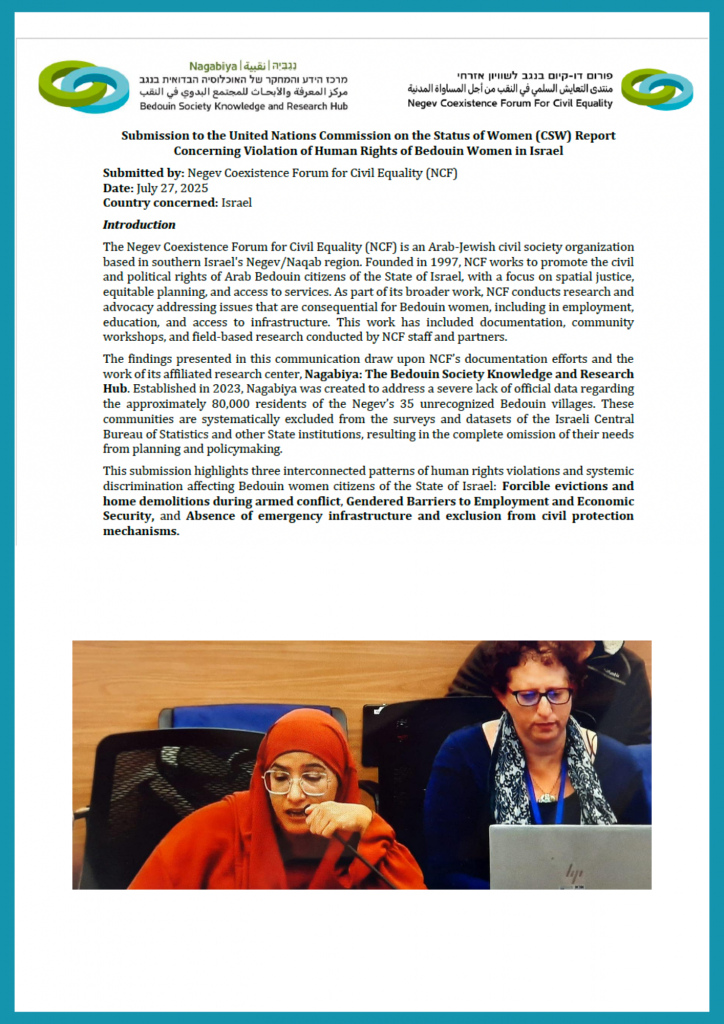 COMMUNICATION TO THE UN COMMISSION ON THE STATUS OF WOMEN (CSW) – AUGUST 2025
COMMUNICATION TO THE UN COMMISSION ON THE STATUS OF WOMEN (CSW) – AUGUST 2025
NCF submitted a formal communication to the UN Commission on the Status of Women (CSW).The report outlines key issues including forced evictions, barriers to education for girls in unrecognized villages, lack of shelter protection infrastructure, and gendered exclusion from employment opportunities. Based on recent NCF and Nagabiya research.
NCF STATEMENT PUBLISHED IN 2025 ECOSOC High-Level Segment
Our written statement for the 2025 ECOSOC High-Level Segment and Political Forum has been officially published on the ECOSOC website. Under the overarching theme “UN @ 80: Catalyzing Change for Sustainable Development” and its focus on “Advancing sustainable, inclusive, science- and evidence-based solutions for the 2030 Agenda and its SDGs to leave no one behind,” our statement outlines the urgent challenges of internal displacement among Negev Bedouin communities and proposes concrete, rights-based actions. You can read our statement here, and find the complete collection of NGO contributions in consultative status on the ECOSOC portal.
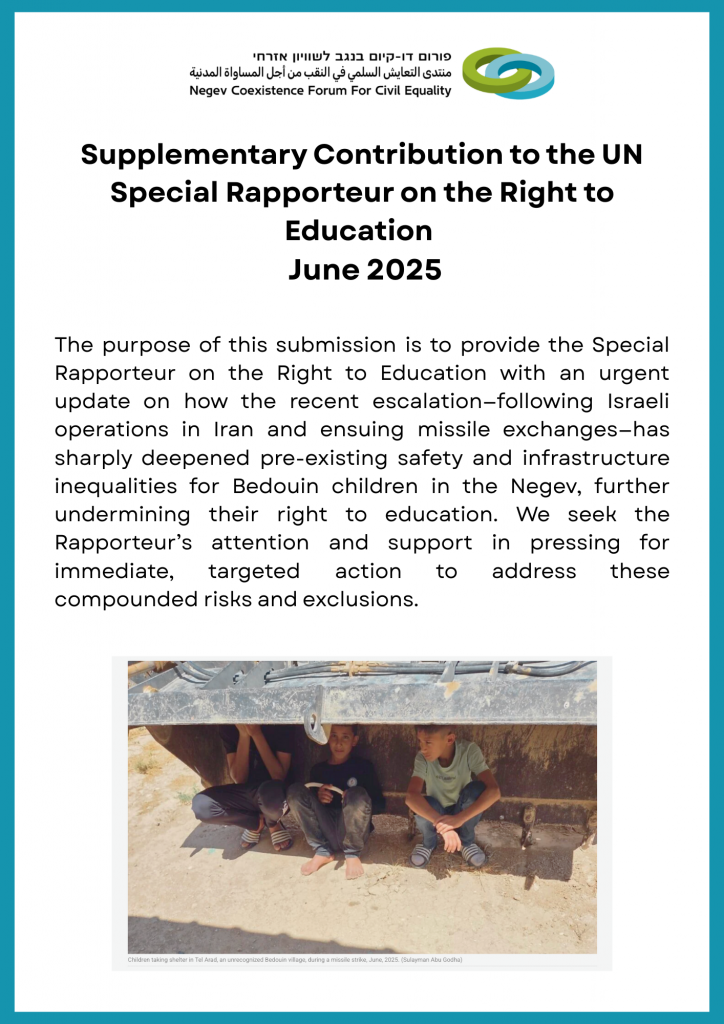 SAFETY & EDUCATION: URGENT UPDATE ON THE SITUATION OF BEDOUIN CHILDREN IN THE NEGEV POST IRAN-ISRAEL WAR – JUNE 2025
SAFETY & EDUCATION: URGENT UPDATE ON THE SITUATION OF BEDOUIN CHILDREN IN THE NEGEV POST IRAN-ISRAEL WAR – JUNE 2025
The purpose of this submission is to provide the Special Rapporteur on the Right to Education with an urgent update on how the recent escalation—following Israeli operations in Iran and ensuing missile exchanges—has sharply deepened pre-existing safety and infrastructure inequalities for Bedouin children in the Negev, further undermining their right to education. We seek the Rapporteur’s attention and support in pressing for immediate, targeted action to address these compounded risks and exclusions.
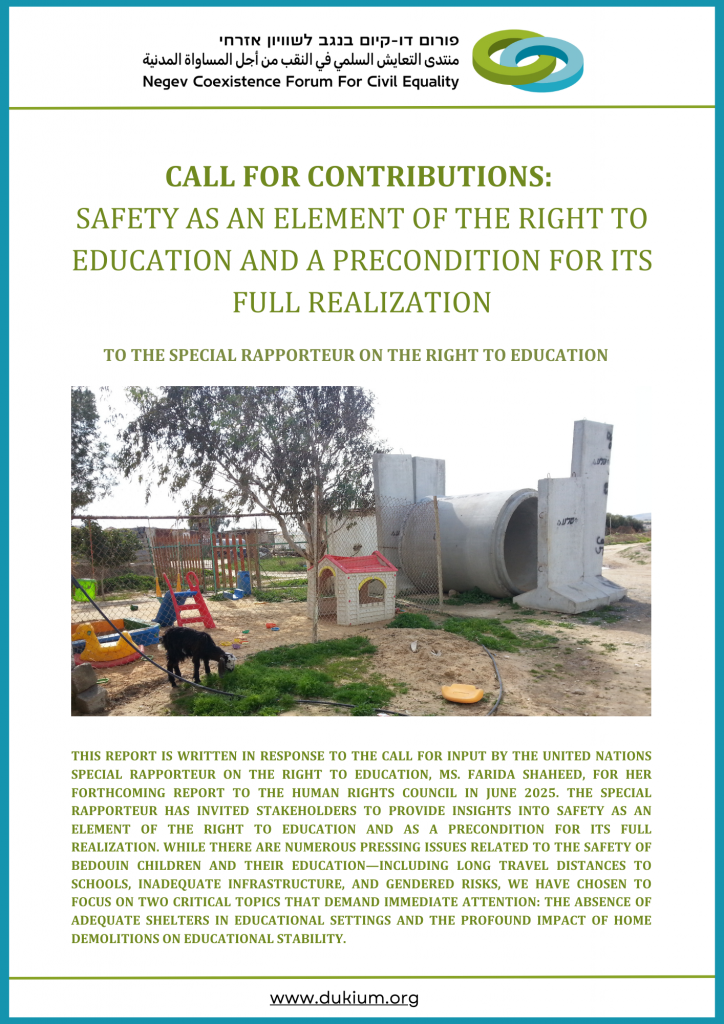 CALL FOR CONTRIBUTIONS: SAFETY AS AN ELEMENT OF THE RIGHT TO EDUCATION AND A PRECONDITION FOR ITS FULL REALIZATION – DECEMBER 2024
CALL FOR CONTRIBUTIONS: SAFETY AS AN ELEMENT OF THE RIGHT TO EDUCATION AND A PRECONDITION FOR ITS FULL REALIZATION – DECEMBER 2024
NEGLECTED VOICES: HUMAN RIGHTS VIOLATIONS IN THE BEDOUIN COMMUNITY OF THE NEGEV/NAQAB, ISRAEL, 2023–2024
The report highlights the increasing demolitions and forced displacement of Bedouin communities in the Negev/Naqab region during 2023-2024, alongside unequal access to essential services and the erosion of land rights, have deepened the marginalization and exclusion of the Bedouin population. Drawing on academic research, civil society reports and firsthand testimonies, the report provides a comprehensive analysis of these systemic violations. By documenting the growing challenges and their impacts, the report aims to inform policymakers, NGOs, international organizations, and UN entities, urging accountability and systemic reform.
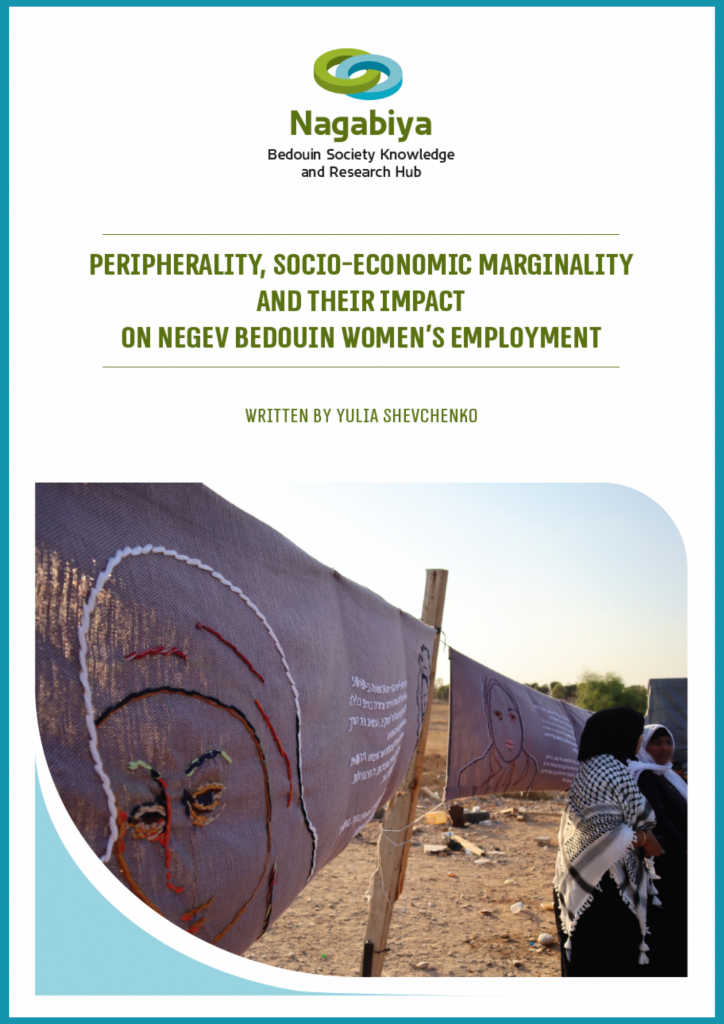 PERIPHERALITY, SOCIO-ECONOMIC MARGINALITY AND THEIR IMPACT ON NEGEV BEDOUIN WOMEN’S EMPLOYMENT
PERIPHERALITY, SOCIO-ECONOMIC MARGINALITY AND THEIR IMPACT ON NEGEV BEDOUIN WOMEN’S EMPLOYMENT
This report examines the employment status of Bedouin women in the Negev, based on a study of 30 women from recognized towns and unrecognized villages. It highlights how structural barriers, such as lack of infrastructure and limited access to education and childcare, significantly impact their ability to participate in the labor market.
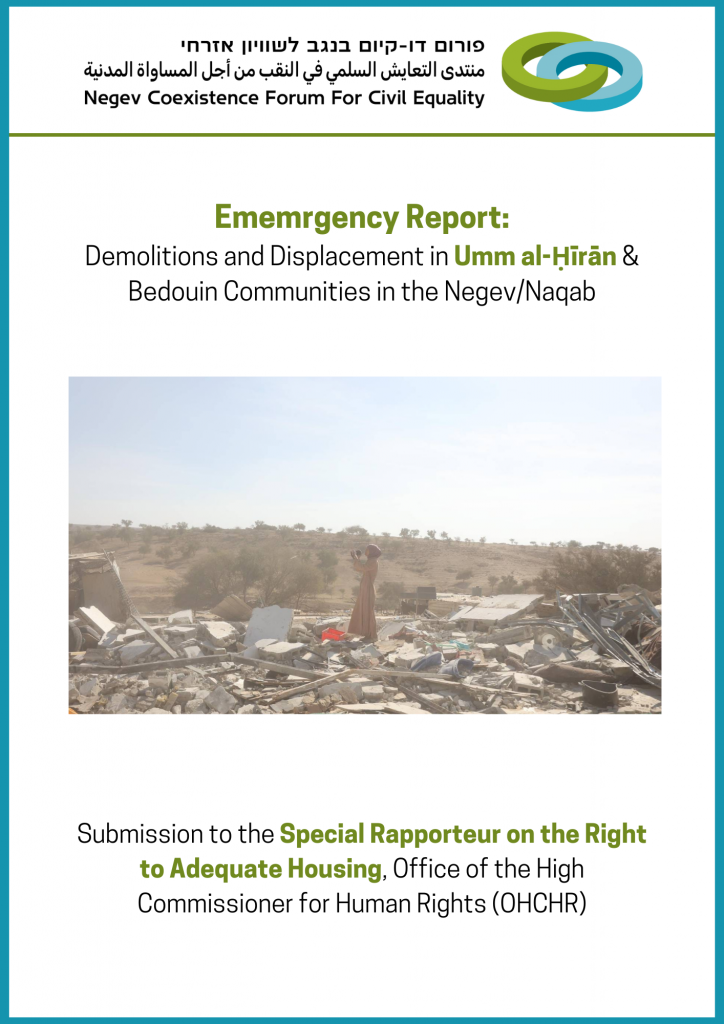 UMM AL-ḤĪRĀN – EMERGENCY REPORT SUBMISSION TO THE SPECIAL RAPPORTEUR ON THE RIGHT TO ADEQUATE HOUSING – NOVEMBER 2024
UMM AL-ḤĪRĀN – EMERGENCY REPORT SUBMISSION TO THE SPECIAL RAPPORTEUR ON THE RIGHT TO ADEQUATE HOUSING – NOVEMBER 2024
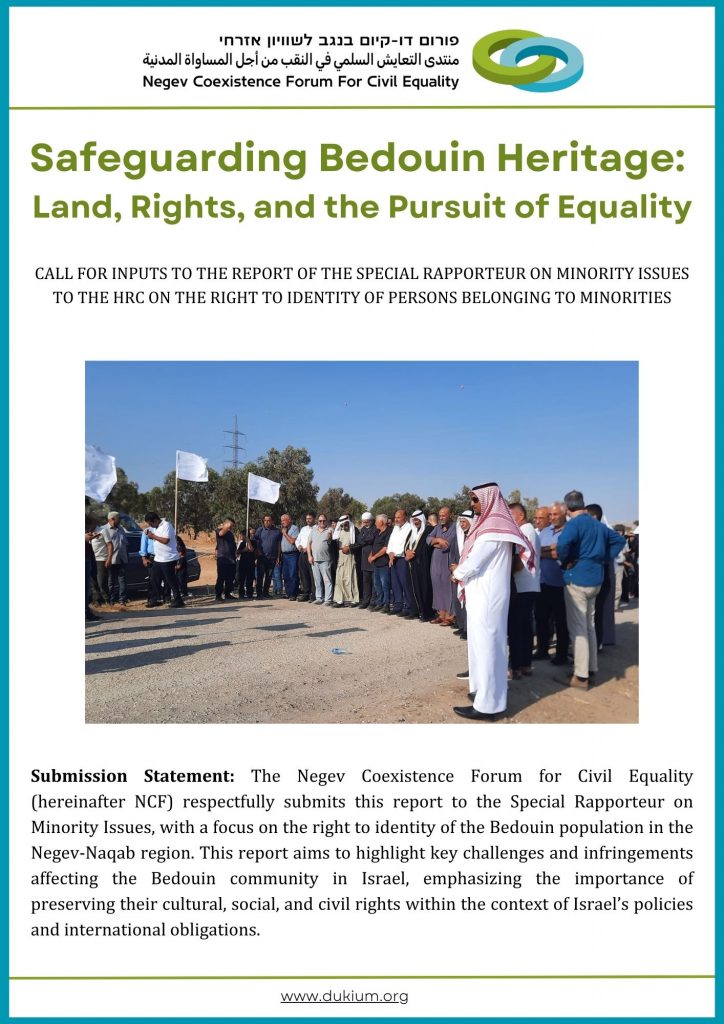 CALL FOR INPUTS TO THE REPORT OF THE SPECIAL RAPPORTEUR ON MINORITY ISSUES TO THE HRC ON THE RIGHT TO IDENTITY OF PERSONS BELONGING TO MINORITIES – OCTOBER 2024
CALL FOR INPUTS TO THE REPORT OF THE SPECIAL RAPPORTEUR ON MINORITY ISSUES TO THE HRC ON THE RIGHT TO IDENTITY OF PERSONS BELONGING TO MINORITIES – OCTOBER 2024
The Negev Coexistence Forum (NCF) has submitted a report to the Special Rapporteur on Minority Issues, focusing on the Bedouin community in the Negev. The report highlights cultural, religious, and linguistic challenges, along with legislative and structural barriers that hinder the preservation of their minority identity within Israel. The submission aims to inform the Special Rapporteur’s report, which will be presented to the Human Rights Council in March 2025, at its 58th session, and to advocate for policies that protect the Bedouin community’s rights and identity.
In the Negev/Naqab, a record 2,007 house demolitions were recorded in just the first half of 2024, surpassing any previous full year’s total. The projected number of demolitions for all of 2024 is over 4,000, marking a 22% increase from 2023.
Access the graph here
The Negev Coexistence Forum for Civil Equality (NCF) and Sidreh submited this report to UN Committee of the Rights of the Child among the Bedouin population in Israel’s Negev-Naqab region.This report evaluates Israel’s compliance with the Convention on the Rights of the Child, particularly concerning the Bedouin children in the Negev-Naqab. Our findings reveal severe challenges and systemic barriers, including insufficient access to education and healthcare, the destabilizing effects of home demolitions, deep-rooted poverty, and food insecurity. A particularly alarming issue is the stark lack of protection for these children during times of conflict, leaving them extremely vulnerable.
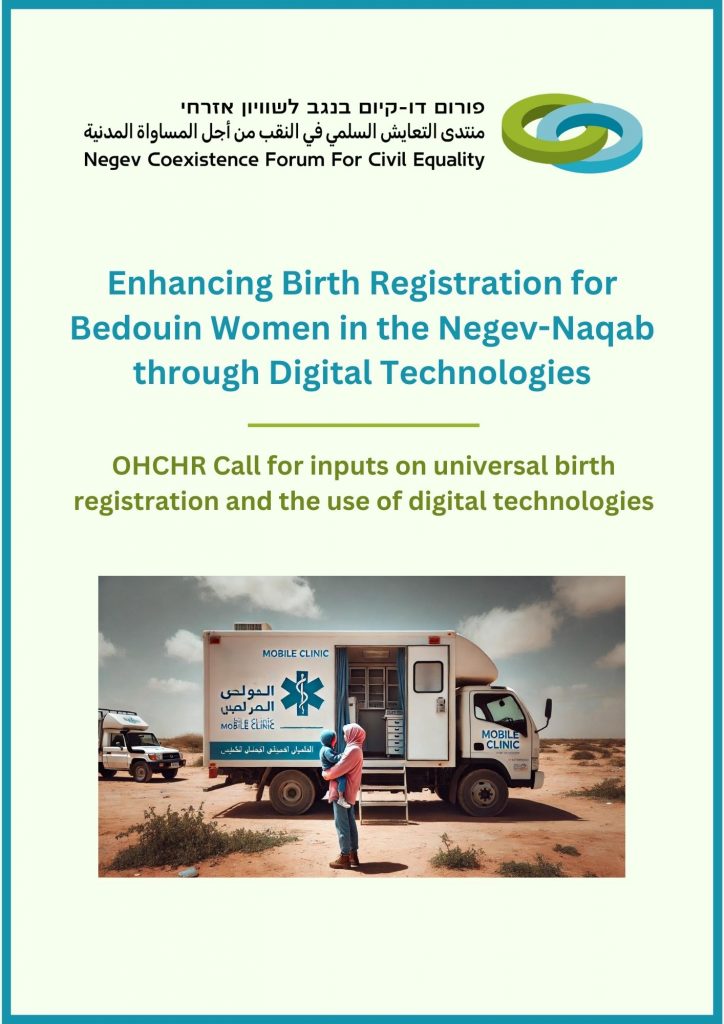
UNIVERSAL BIRTH REGISTRATION AND THE USE OF DIGITAL TECHNOLOGIES: BEDOUIN WOMEN IN THE NEGEV-NAQAB – AUGUST 2024
This report addresses the OHCHR’s call for input on the question of the Universal Right to Online Birth Registration and examines the significant challenges Bedouin women face in accessing digital birth registration services. It proposes solutions to improve the registration process for marginalized Bedouin communities. The report addresses the fundamental human right to be recognized as a person before the law through birth registration. This right is essential for accessing various services and legal entitlements, such as healthcare, education, and social security, and is enshrined in the United Nations Convention on the Rights of the Child.
EXISTENCE IN THE SHADOW OF WAR: CONFERENCE, BEN-GURION UNIVERSITY OF THE NEGEV | JULY 8, 2024
We are delighted to share with you the highlights of our recent conference, “Existence in the Shadow of the War“ held in collaboration with Nagabiya at Ben Gurion University in Be’er Sheva. This pivotal event served as a crucial platform for addressing and advancing issues related to Bedouin rights and community development in the Negev-Naqab during these challenging times of war.
IS MA’AGALEY TA’ASUKA (CIRCLES OF EMPLOYMENT) PROGRAM SUITABLE FOR WOMEN FROM THE UNRECOGNIZED VILLAGES IN THE NEGEV? – JUNE 2024
FOOD INSECURITY IN BEDOUIN COMMUNITIES IN THE NEGEV-NAQAB: Assessing The Multi-Dimensional Impact of Crises on the Most Vulnerable Israeli Citizens’ access to food – JUNE 2024
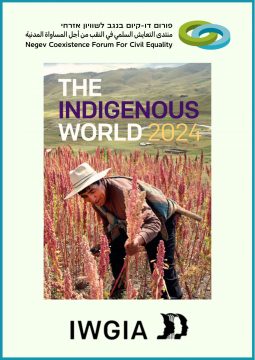 THE INDIGENOUS WORLD 2024 – The latest edition of The Indigenous World highlights Indigenous Peoples’ rights to lands, territories, and resources, as enshrined in key documents like UNDRIP and ILO Convention 169. The Indigenous World is the unique result of a collaborative effort between Indigenous and non-indigenous activists and scholars who voluntarily document and report on the situation of Indigenous Peoples’ rights. This yearly overview serves to document and report on the developments Indigenous Peoples have experienced throughout 2023.The Indigenous World 2024 includes a special focus on Indigenous Peoples’ rights to lands, territories and resources, which in many ways is at the centre of the Indigenous Peoples’ struggle. NCF contributed an article to this collaborative book (p.164-172), aligning with our advocacy for Bedouin communities’ rights in the Negev-Naqab and supporting global efforts to uphold Indigenous land rights and cultural autonomy.
THE INDIGENOUS WORLD 2024 – The latest edition of The Indigenous World highlights Indigenous Peoples’ rights to lands, territories, and resources, as enshrined in key documents like UNDRIP and ILO Convention 169. The Indigenous World is the unique result of a collaborative effort between Indigenous and non-indigenous activists and scholars who voluntarily document and report on the situation of Indigenous Peoples’ rights. This yearly overview serves to document and report on the developments Indigenous Peoples have experienced throughout 2023.The Indigenous World 2024 includes a special focus on Indigenous Peoples’ rights to lands, territories and resources, which in many ways is at the centre of the Indigenous Peoples’ struggle. NCF contributed an article to this collaborative book (p.164-172), aligning with our advocacy for Bedouin communities’ rights in the Negev-Naqab and supporting global efforts to uphold Indigenous land rights and cultural autonomy.
To read more, click here
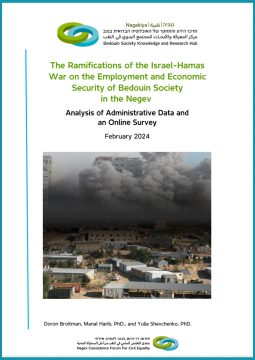 RAMIFICATIONS OF THE ISRAEL-HAMAS WAR ON THE EMPLOYMENT & ECONOMIC SECURITY OF BEDOUIN SOCIETY IN THE NEGEV-NAQAB – FEBRUARY 2024
RAMIFICATIONS OF THE ISRAEL-HAMAS WAR ON THE EMPLOYMENT & ECONOMIC SECURITY OF BEDOUIN SOCIETY IN THE NEGEV-NAQAB – FEBRUARY 2024
This report delivers insightful statistics that trace the conflict’s exacerbation of systemic vulnerabilities such as poverty and unemployment in the Bedouin Communities in the Negev-Naqab, and underscores the acute crisis in housing and civil amenities amidst a backdrop of heightened security concerns.
To read the full the full report, click here
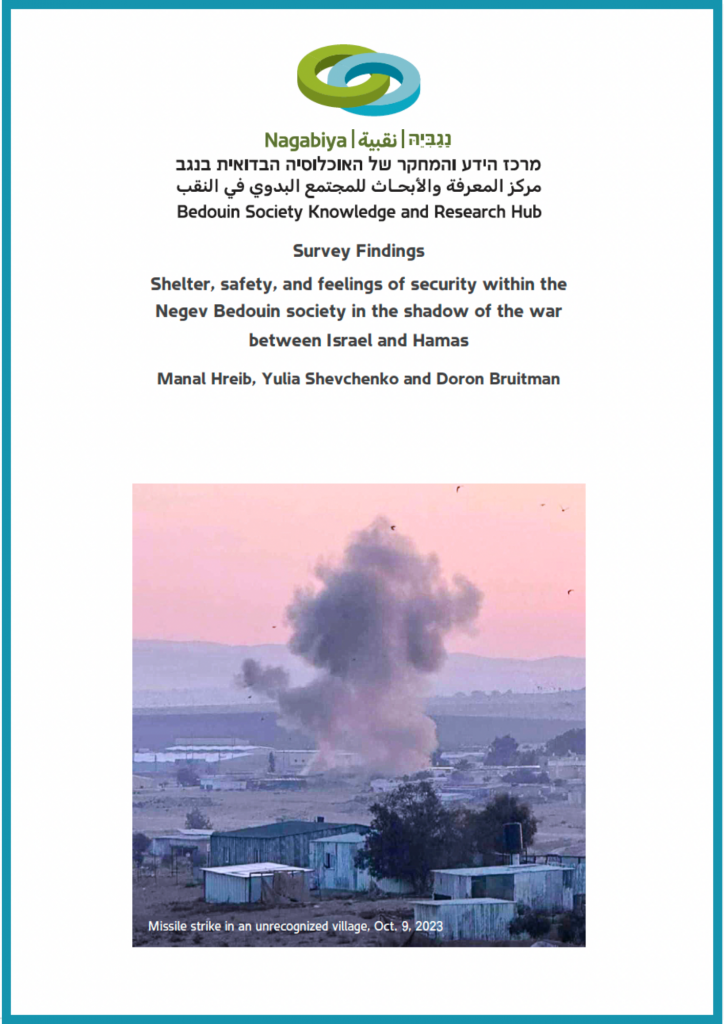 SURVEY FINDINGS: SHELTER, SAFETY & FEELINGS OF SECURITY WITHIN THE NEGEV BEDOUIN SOCIETY ON THE SHADOW OF THE WAR BETWEEN ISRAEL & HAMAS – DECEMBER 2023
SURVEY FINDINGS: SHELTER, SAFETY & FEELINGS OF SECURITY WITHIN THE NEGEV BEDOUIN SOCIETY ON THE SHADOW OF THE WAR BETWEEN ISRAEL & HAMAS – DECEMBER 2023
Against the background of the war that broke out between Israel and Hamas on October 7, 2023, the Bedouin Society Knowledge And Research Hub of the Forum for Coexistence in the Negev conducted a survey focusing on the protection and sense of security of the residents of the recognized and unrecognized Bedouin villages in the Negev.
To read the findings, click here
LACK OF PROTECTION AGAINST MISSILES IN UNRECOGNIZED VILLAGES IN THE NEGEV – DECEMBER 2023
During the Iron Swords war, the current military conflagration, the residents of the unrecognized villages in the Negev are vulnerable to direct hits daily. To date, direct hits of homes and makeshift structures have resulted in the death of 7 Bedouin residents, including 6 children. The number of Bedouin casualties is very high relative to their share of the general population. The lives of thousands of Bedouin residents were, and still are, in real danger in the absence of any safe space to take shelter.
To read the full report, Click here
FOOD INSECURITY IN THE UNRECOGNIZED VILLAGES IN THE NEGEV-NAQAB – 2023
Neglect of residents of the unrecognized villages is outrageous. The security threat prevents Bedouin citizens residing in the Negev from purchasing necessities, thus creating a threat of food insecurity and even hunger, which is liable to exacerbate if the present war continues. The exploratory study carried out jointly by the Forum for Coexistence in the Negev and the Adva Center on the subjet of food insecurity in the “unrecognized” Bedouin villages in the Negev
HOME DEMOLITION REPORT IN THE NEGEV-NAQAB IN 2021-2022
In 2022, the Southern Administration reported that 2,850 structures were destroyed, including 380 residential buildings. The other structures, while not being residential, were critical to the livelihood of families.
The construction and demolition policies carried out by the authorities are brutal and violent and undermine the trust between Bedouin citizens and the state. This is especially true when these authorities are unwilling to offer suitable alternatives to the residents of unrecognized villages. The right to housing should be an essential component of response strategies. This requires the provision of adequate resources to realize the right to fair housing for all.
To read the full report click here
INFOGRAM ON HOME DEMOLITIONS DURING 2022
In the last decade, more than 18,500 buildings were destroyed in Bedouin – settlements in the Negev-Naqab. In 2022, 2,850 structures were destroyed. The demolitions in 2022 included hundreds of demolitions in townships and thousands of self-demolitions. These numbers reflect power dynamics between authorities and Bedouin citizens. Increasingly, Bedouin families are forced to demolish their own homes after receiving a demolition order to avoid paying high fines to the government for the demolition.
To access the infogram, click here
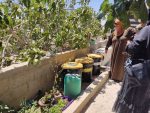 New report from NCF: “Violations of Human Rights of the Arab Bedouin Community in the Negev/Naqab
New report from NCF: “Violations of Human Rights of the Arab Bedouin Community in the Negev/Naqab
International Human Rights Day 2022”
On the occasion of International Day of Human Rights on December 10, 2022, NCF has chosen to publish a report focused on the violation of the Human Rights of the Bedouin community in the Negev/Naqab. This report exposes the continued neglect of the State of Israel, through home demolitions, development-induced displacement, excessive use of violence by the Police, and massive arrests. On the occasion of the International Day of Human Rights, the Government of Israel and the various State authorities should reexamine their treatment of the Negev/Naqab Bedouin people. There is no doubt that ensuring the rights of all residents of the region, the provision of services, as well as the promotion of development that focuses on those most in need, will reduce the profound inequality between the Bedouin and the Jewish communities and contribute to a viable, equal and sustainable Negev/Naqab for all of its residents.
Joint Submission to the United Nations Universal Periodic Review by NCF and Adalah
In this report, Adalah and NCF raise key issues of concern regarding Israel’s lack of compliance with its international human rights obligations towards Bedouin citizens of Israel living in the Naqab. In particular, we address Israelʼs policy of forced displacement against the Bedouin, detailing the various methods used to implement it, including home demolitions, eviction lawsuits, major infrastructure plans, and the deliberate denial of basic social and economic rights.
For the full report, click here
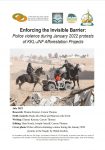 New report from NCF: Police violence and detentions during January 2022 protests of KKL-JNF Afforestation Projects
New report from NCF: Police violence and detentions during January 2022 protests of KKL-JNF Afforestation Projects
On January 13th, community members and activists from around the region voiced their objections to the extra-judicial appropriation of these lands. In response, they were met with unprecedented police brutality. Multiple testimonies document how, several minutes after the beginning of the protest, police violently repressed the demonstration.
For the full report, click here
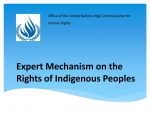 EXPERT MECHANISM ON THE RIGHTS OF INDIGENOUS PEOPLE (EMRIP)
EXPERT MECHANISM ON THE RIGHTS OF INDIGENOUS PEOPLE (EMRIP)
NCF submitted a statement for Item 9 of the Agenda of the 15th Session of the Expert Mechanism on the Rights of Indigenous People, that discussed Violence against Indigenous Women. Continue reading NCF’s statement here
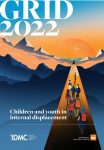 GLOBAL REPORT ON INTERNAL DISPLACEMENT 2022
GLOBAL REPORT ON INTERNAL DISPLACEMENT 2022
The Internal Displacement Monitoring Centre (IDMC) and the Norwegian Refugee Council released a report with worldwide data on Displacement associated with Conflict and Violence in 2021. NCF has contributed with updated information about displacement in the Naqab.
Continue reading the report here and NCF’s contributions here
INTERNATIONAL WORK GROUP FOR INDIGENOUS AFFAIRS (IWGIA)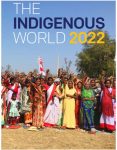
Since 1968, IWGIA has cooperated with indigenous organisations and international institutions to promote recognition and implementation of the rights of indigenous peoples. IWGIA works to empower indigenous peoples through documentation, capacity development and advocacy on local, regional and international level. Every year, IWGIA issues a book: The Indigenous World. The book is the result of a collaborative effort between indigenous and non-indigenous activists and scholars who voluntarily share their valuable insights and analysis.This year, NCF contributed to documentation of the Arab Bedouin indigenous people of the Negev/Naqab.
Continue reading (page 510) IWGIA website
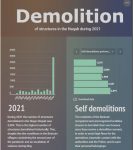 INFOGRAM ON HOME DEMOLITIONS DURING 2021
INFOGRAM ON HOME DEMOLITIONS DURING 2021
During 2021, 3,004 structures were demolished in the Naqab, being the highest number of demolitions, historically. We learned that self demolition represented 86% of all the demolitions carried out that year, which reflects the immense effect that the State’s eviction policy has on this self-destructive decision of the Bedouin indigenous citizens.
To access the infogram click here
US State Department’s Human Rights Report 2021
The US State Department from the American Embassy in Israel has released its 2020 Human Rights Report. Each year, the department releases its Israel and the Golan Heights Human Rights Report. NCF submitted its inputs on the situation of human rights in the Bedouin communities in the Negev in 2020.
For the full Human Rights Report by the US State Department
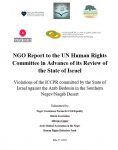 NGO Report to the UN Human Rights Committee in Advance of its Review of the State of Israel
NGO Report to the UN Human Rights Committee in Advance of its Review of the State of Israel
Bedouin population from decision-making processes relating to its condition; discrimination in planning and zoning policies; voting intimidation and inaccessibility of polling stations; excessive use of force; harassment and criminalization of Bedouin human rights defenders; and limited access to basic services. In addition, the report refers to the human rights situation of the Bedouin population amid the COVID-19 pandemic, and the escalation of violence in May, 2021.
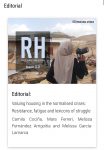 Radical Housing Journal/Pandemic demolitions: The unrecognized Bedouin villages in southern Israel and the ongoing housing crisis
Radical Housing Journal/Pandemic demolitions: The unrecognized Bedouin villages in southern Israel and the ongoing housing crisis
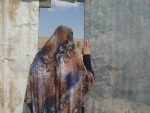 New report from NCF: “Violations of the Human Rights of the Bedouin Community in the Negev/Naqab during 2021”
New report from NCF: “Violations of the Human Rights of the Bedouin Community in the Negev/Naqab during 2021”
On the occasion of International Day of Human Rights on December 10, 2021, NCF has chosen to publish a report focused on the violation of the Human Rights of the Bedouin community in the Negev/Naqab during pandemics and wartime. This report exposes the continued neglect of the State of Israel, through home demolitions, excessive use of Police enforcement, lack of internet solutions for remote learning, and an extreme vulnerability during wartime. In 2021, the situation of the indigenous Bedouin communities in terms of employment, access to education, and health services is dire and requires the full responsibility of the authorities with the implementation of concrete actions to support the roots and distinct lifestyle of this indigenous population, that besides suffering from land dispossession, is currently experiencing multiple poverty-related problems.
Internet accessibility for Bedouin students is an integral part of their right to education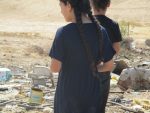
Following the transition to remote learning during the Covid-19 months, the urgent need to connect all Israeli students to the Internet network has become first priority. On the other hand, tens of thousands of Arab Bedouin students from unrecognized villages in the Negev have had no access to Internet infrastructures and means of online learning whatsoever. The Negev Coexistence Forum, together with Sidreh Association, the Israeli Internet Association, and the Clinic for International Human Rights at the Hebrew University of Jerusalem have published a position paper on the subject, with concrete demands from the Ministry of Education and the Ministry of Communications.
Uncounted: Indigenous Bedouin citizens neglected by the Israeli Central Bureau of Statistics
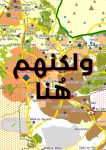 For years, the Israeli Central Bureau of Statistics (CBS) has refrained from a comprehensive census of the Bedouin community and instead favors estimates based on various discriminatory assumptions and formulas. As a result of this statistical disparity, there are between 90,000 and 100,000 residents living in unrecognized villages in the Negev who lack a geographical designation on their ID cards, meaning that they are not defined in the population registry as residents of a locality, but rather as members of a tribe.
For years, the Israeli Central Bureau of Statistics (CBS) has refrained from a comprehensive census of the Bedouin community and instead favors estimates based on various discriminatory assumptions and formulas. As a result of this statistical disparity, there are between 90,000 and 100,000 residents living in unrecognized villages in the Negev who lack a geographical designation on their ID cards, meaning that they are not defined in the population registry as residents of a locality, but rather as members of a tribe.
Such a situation means that decision-makers receive a distorted picture, which includes localities where the number of residents is “inflated,” due to the registration of residents of unrecognized villages as recognized residents. In other cases, decision-makers receive a partial demographic picture.
Early age discrimination: Policy failure prevents Bedouin children from accessing Daycare centers and denies employment to Bedouin Women
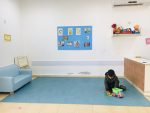 There are 21,670 Bedouin children in kindergartens – but only 670 toddlers in day care centers.
There are 21,670 Bedouin children in kindergartens – but only 670 toddlers in day care centers.
A report published by NCF states that the Israeli government has failed in its efforts to expedite the establishment of day care centers for the Arab sector, especially among Bedouin children. Even though 80% of Bedouin children live in poverty, preference is given to parental payments in day care centers in Bedouin localities. Consequently, the result is a situation of discrimination against toddlers in early education, along with discrimination against mothers in access to employment, which prevents poverty, and harms the Israeli economy.
For the 2021 Update on Daycare report
New Report from NCF exposes link between State home demolitions and detrimental mental health among Bedouin children during Pandemic
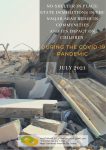 In the midst of a global pandemic, the State of Israel demolished 2,568 structures in the Naqab, representing a rise of 13% in the demolition of structures compared to 2019, and the highest number historically. We have cited the words of Mr. Balakrishnan Rajagopal, UN Special Rapporteur on the right to adequate housing: “Losing your home during this pandemic could mean losing your life. The rights to life and adequate housing are intrinsically linked.”– Balakrishnan Rajagopal, the UN special rapporteur on the right to adequate housing. Beyond reinforcing collective trauma, the demolition of houses in the Naqab undermines the rights of thousands of children to wellbeing and healthy development, violating several articles in the Convention on the Rights of the Child as well as the right to adequate housing presented in the International Covenant on Economic, Social and Cultural Rights and the International Covenant on Civil and Political Rights.
In the midst of a global pandemic, the State of Israel demolished 2,568 structures in the Naqab, representing a rise of 13% in the demolition of structures compared to 2019, and the highest number historically. We have cited the words of Mr. Balakrishnan Rajagopal, UN Special Rapporteur on the right to adequate housing: “Losing your home during this pandemic could mean losing your life. The rights to life and adequate housing are intrinsically linked.”– Balakrishnan Rajagopal, the UN special rapporteur on the right to adequate housing. Beyond reinforcing collective trauma, the demolition of houses in the Naqab undermines the rights of thousands of children to wellbeing and healthy development, violating several articles in the Convention on the Rights of the Child as well as the right to adequate housing presented in the International Covenant on Economic, Social and Cultural Rights and the International Covenant on Civil and Political Rights.US State Department’s Human Rights Report 2020
The US State Department from the American Embassy in Israel has released its 2020 Human Rights Report. Each year, the department releases its Israel and the Golan Heights Human Rights Report. NCF submitted its inputs on the situation of human rights in the Bedouin communities in the Negev in 2020.
For the full Human Rights Report by the US State Department
NCF’s statement to the sixty-fifth session of the Commission on the Status of Women

NCF has submitted a statement, gathering activities and information from our partner organizations Sidreh Association and Itach Ma’aki on Women’s participation and decision-making in public life, as well as the elimination of violence, for achieving gender equality and the empowerment of all women and girls in the Naqab. To continue reading please click here
New report from NCF: “Violations of the Human Rights of the Bedouin Community in the Negev/Naqab during Pandemics”
On the occasion of International Day of Human Rights on December 10, 2020, NCF, RCUV, Alhuquq Center, Sidreh Association and the Arab Medical Association in the Negev have chosen to publish a report focused on the violation of the Human Rights of the Bedouin community in the Negev/Naqab
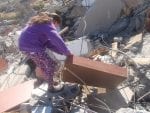
during pandemics. This report exposes the negligent actions on behalf of the State regarding international recognized rights such as the right to an adequate standard of living, water, sanitation, housing, development, health, education, citizenship and work. Since March 2020, and in spite of the state of emergency and the government’s instruction to home confinement, authorities continued to distribute demolition orders and plow under hundreds of acres of fields in over a dozen of Bedouin villages, both recognized and unrecognized by the State.
Statement to the UN Economic and Social Council
NCF submitted a statement to be considered in the Sixty-fifth session of the Commission on the Status of Women that will take place between 15-26 March 2021.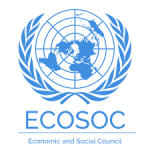
The statement addresses Arab Bedouin Women’s full and effective participation and decision-making in public life, as well as the elimination of violence, for achieving gender equality and the empowerment of all women and girls. Continue reading
Habitat International Coalition: Violations during Pandemic 2020 Report
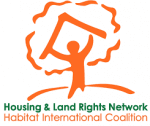
On the occasion of World Habitat Day (5 October 2020) and “Urban October,” HIC-HLRN has produced its annual report from the HLRN Violation Database.
This year’s review of patterns and trends in housing and land rights violation around the world is dedicated to the theme A Pandemic of Violations: Forced Evictions and Other Habitat-related Human Rights Violations amid COVID-19. It explores the cases of forced eviction, destruction, dispossession and privatization of housing and land of the most-vulnerable communities during a global crisis and pandemic that leaves no one behind. NCF submitted its inputs on the situation of human rights violations in the Bedouin communities in the Negev in 2020.
For the full Pandemic Violations Report by HIC-HLRN
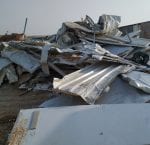 New report from NCF: “On (In)Equality and Demolition of Homes and Structures in Arab Bedouin Communities in the Negev/Naqab”
New report from NCF: “On (In)Equality and Demolition of Homes and Structures in Arab Bedouin Communities in the Negev/Naqab”
The State of Israel continues to implement a policy of expulsion towards the Arab-Bedouin community in the Negev/Naqab, denying their status as citizens with equal rights. In 2019, 2,241 structures were destroyed, of which 33% were demolished before any demolition orders had been issued, constituting an increase of 146% compared to the previous year (2018).
The number of self-demolitions (carried out by the owners of the structures) in 2019 was almost identical to that of 2018. No less than 88% of the residents preferred to demolish their houses themselves rather than have them destroyed by law enforcement, so as to avoid heavy fines and the trauma of police forces entering the villages.
With the outbreak of the Corona virus pandemic and after the directives by the Ministry of Health, NCF turned to the Israeli Attorney General, together with 23 other civil organizations, in a joint request to stop home demolitions and the plowing under of fields. Unfortunately, the enforcement and police forces continued undeterred with the enforcement activities: plowing under crops; distributing demolition orders and warnings; summoning Bedouin civilians for police investigations; imposing penalties on shepherds and more. This conduct, during a health, social and economic crisis such as has never before been experienced in Israel, proved once again to the Bedouin citizens the extent to which State authorities are impervious to their rights.
US State Department’s Human Rights Report 2019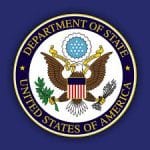
The US State Department from the American Embassy in Israel has released its 2019 Human Rights Report. Each year, the department releases its Israel and the Golan Heights Human Rights Report. NCF submitted its inputs on the situation of human rights in the Bedouin communities in the Negev in 2019.
For the full Human Rights Report by the US State Department

UN positions on the issue of Arab Bedouin women
This paper is a collection of UN Concluding Observations and recommendations regarding the violation of Arab Bedouin women’s rights, in cooperation with Sidreh, one of the Negev/Naqab’s leading women organizations.
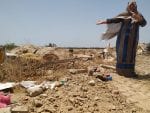
Human Rights Report 2019
On the occasion of International Day of Human Rights on December 10, 2019, NCF has chosen to publish a report focused on the violation of the various rights of the Bedouin community in the Negev/Naqab: rights to an adequate standard of living, water, sanitation, housing, development, health, education, and work.
This report brings forth the various forms in which Israel violates the above rights. This report is a result of joint work with Adalah – The Legal Center for Arab Minority Rights in Israel. Most of the material in the report was formally presented to the United Nations Human Rights Committees.
NCF and Adalah Submit their Report on Israel’s Violations of the ICERD
Prior to the review of Israel in the Committee on the Elimination of Racial Discrimination (CERD), NCF and Adalah submitted their report on the violation of the rights of the Negev/Naqab Arab Bedouin people.
 Position Paper: The Governmental Program for Completing Basic Education for Adults in Negev Bedouin Communities
Position Paper: The Governmental Program for Completing Basic Education for Adults in Negev Bedouin Communities
In 2018, the State of Israel chose to continue to invest large budgets in enforcement, which led to an increase in the number of buildings demolished in Arab Bedouin communities in the Negev/Naqab: 2,326 structures were demolished, when 604 of them were used for dwellings. The constant presence of enforcement and police forces, as well as the tremendous fear of economic and criminal sanctions, also led to a drastic rise in the number of structures demolished by their owners – about 88% of the total number of demolitions.
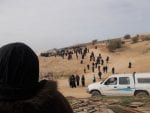 New Report from NCF: “Mechanism for Dispossession and Intimidation: Demolition Policy in Arab Bedouin communities in the Negev/Naqab, June 2019”
New Report from NCF: “Mechanism for Dispossession and Intimidation: Demolition Policy in Arab Bedouin communities in the Negev/Naqab, June 2019”
In 2018, the State of Israel chose to continue to invest large budgets in enforcement, which led to an increase in the number of buildings demolished in Arab Bedouin communities in the Negev/Naqab: 2,326 structures were demolished, when 604 of them were used for dwellings. The constant presence of enforcement and police forces, as well as the tremendous fear of economic and criminal sanctions, also led to a drastic rise in the number of structures demolished by their owners – about 88% of the total number of demolitions.
INTERNATIONAL WORK GROUP FOR INDIGENOUS AFFAIRS (IWGIA)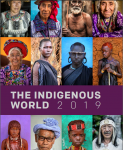
Since 1968, IWGIA has cooperated with indigenous organisations and international institutions to promote recognition and implementation of the rights of indigenous peoples. IWGIA works to empower indigenous peoples through documentation, capacity development and advocacy on local, regional and international level. Every year, IWGIA issues a book: The Indigenous World. The book is the result of a collaborative effort between indigenous and non-indigenous activists and scholars who voluntarily share their valuable insights and analysis.This year, NCF contributed to documentation of the Arab Bedouin indigenous people of the Negev/Naqab.
Continue reading (page 375) IWGIA website
US State Department’s Human Rights Report 2018
The US State Department also operates from the American Embassy in Israel. Each year, the department releases its Israel and the Golan Heights Human Rights Report. NCF submitted its inputs on the situation of human rights in the Bedouin communities in the Negev in 2018.
For the full Human Rights Report by the US State Department
Committee on Economic, Social, and Cultural Rights (UN CESCR)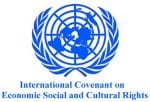
The CESCR is a United Nations is the body of 18 independent experts that monitors implementation of the International Covenant on Economic, Social and Cultural Rights by its States parties. Israel will have its 4th Periodic Review by the Committee.
NCF and Adalah recently submitted its joint alternative report to the Committee regarding violations of the ICESCR by Israel against the Arab Bedouin in the Negev/Naqab desert.
Position Paper: The Israeli governmental program for completing basic education for adults in Negev Bedouin communities
education for adults in Negev Bedouin communities
The program for completing basic education for adults in Bedouin communities in the Negev is intended to serve men and women who have either never studied or dropped out of elementary or high school and are interested in completing their missing education, adding to their knowledge, improving their status and integrating into the labor market.
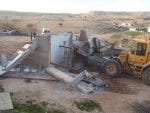
House Demolitions as a Central Tool for the Dispossession and Concentration of the Bedouin Population in the Negev/Naqab: Updated Data for 2017
In addition, reference is made to the new regulations of the Planning and Construction Law and the Criminal Law, which were set in place following the Kaminitz Report and intended to toughen enforcement measures and intensify economic sanctions for building offenses.

Position paper: Perspectives on Arab-Bedouin Women Employment in the Negev/Naqab | September 2018
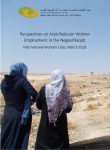 “Perspectives on Arab-Bedouin Women Employment in the Negev/Naqab” | March 2018
“Perspectives on Arab-Bedouin Women Employment in the Negev/Naqab” | March 2018
The report deals with various aspects of Arab-Bedouin women employment in the Negev/Naqab and the challenges and barriers Arab-Bedouin women face when attempting to enter the labor market. This report will show how the incompetence of the State’s authorities to promote employment within the Arab-Bedouin population in general and within the women population in particular, has brought Arab-Bedouin women to its present situation.
Click here for the full report
January 2018 ן Position Paper- Recognize Wādi an-Naʿam as an Independent Rural Settlemen
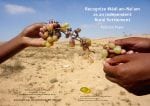
Wādi an-Naʿam is an unrecognized Bedouin village located south of Be’er-Sheva and east of Road 40. The village has some 10,000 residents and is the largest of the unrecognized Bedouin villages in the Negev. For several decades, the residents have waged a struggle against the authorities over its future. Its residents are destined to move from their place of residence. While they seek a solution that would preserve their rural agricultural life, the only solution offered by the state is displacement to a town.
click here for the full position paper
US State Department’s Human Rights Report 2017
Each year, the department releases its Israel and the Golan Heights Human Rights Report. NCF submitted its inputs on the situation of human rights in the Bedouin communities in the Negev in 2017.
For the full Human Rights Report by the US State Department
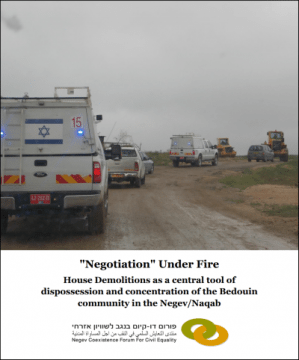
“Negotiation” Under Fire: House Demolitions as a central tool of dispossession and concentration of the Bedouin community in the Negev/Naqab | September 2017
Annual house demolition report by the Negev Coexistence Forum. The report presents updated figures on the house demolition policy in the Negev-Naqab, and describes how the various law enforcement authorities operate. It also shows how the law is being enforced selectively for the State of Israel to gain leverage in the continuous struggle over land ownership with Bedouin community in the Negev-Naqab.
Click here for the full report
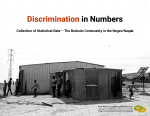 Discrimination in Numbers – Collection of Statistical Data – The Bedouin Community in the Negev/Naqab | January 2017
Discrimination in Numbers – Collection of Statistical Data – The Bedouin Community in the Negev/Naqab | January 2017
The Negev Coexistence Forum published a new statistical collection that exposes the ongoing discrimination against the Bedouin community in a variety of fields.
Click here for the full collection
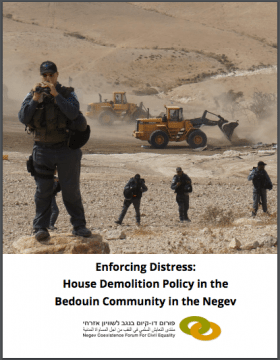
Enforcing Distress: House Demolition Policy in the Bedouin Community in the Negev | June 2016
The Negev Coexistence Forum report presents new figures about house demolitions in the Negev. The report, based on enforcement authorities’ data, reveals the ways in which the state utilizes enforcement in order to displace citizens from their lands.
Click here for the full report
Segregated Spaces: The Spatial Discrimination Policies Among Jewish and Arab Citizens in the Negev-Naqab | March 2016
On the International Day for the Elimination of Racial Discrimination, the Negev Coexistence Forum published a new report exposing the state’s mechanisms to ensure spatial segregation among Arab and Jewish citizens.
Click here for the full report
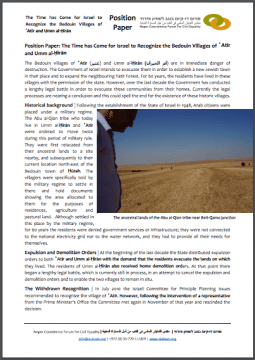 The Time has Come for Israel to Recognize the Bedouin Villages of ʿAtīr and Umm al-Ḥīrān | December 2015
The Time has Come for Israel to Recognize the Bedouin Villages of ʿAtīr and Umm al-Ḥīrān | December 2015
As the ongoing struggle of ʿAtīr and Umm al-Ḥīrān continues, the Negev Coexistence Forum published a new position paper that shortly presents the residents’ demands, the historical and planning background, and calls on the government to recognized the villages.
Click here for the full position paper
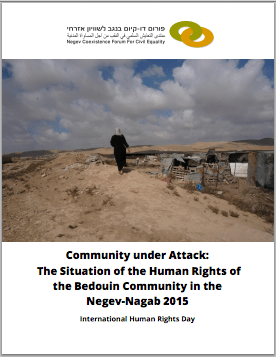
Community under Attack: The Situation of the Human Rights of the Bedouin Community in the Negev-Nagab | December 2015
On the International Human Rights Day the Negev Coexistence Forum published a new report concerning the rights of the Bedouin community in the Negev over the past year. The report reveals severe human rights violations in different areas.
Click here for the full report
Discussing Racism in the Negev-Nagab | March 2015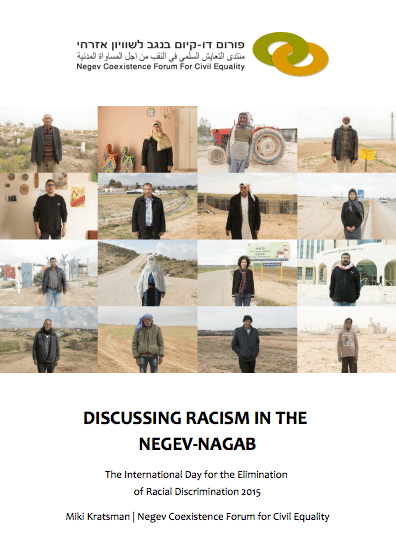
On the International Day for the Elimination of Racial Discrimination 2015, photographer Miki Kratsman and the Negev Coexistence Forum published a photo-report that includes 16 portraits and testimonies of members of the Bedouin community, exposing the ongoing discrimination against them in particular and the whole community in general.
Click here for the full report
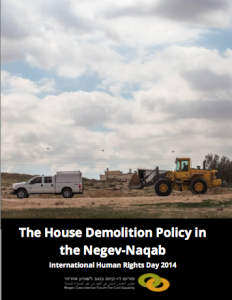 The House Demolition Policy in the Negev-Naqab | December 2014
The House Demolition Policy in the Negev-Naqab | December 2014
On the International Human Rights Day, NCF published its annual “House Demolition Policy” report. Data reveals that 859 structures were destroyed in the passing year, with 54% of them in Bedouin planned towns and recognized villages. Over 78% were demolished by Bedouin owners under duress by the authorities.
Click here for the full report
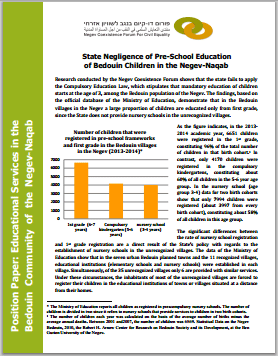 State Negligence of Pre-School Education of Bedouin Children in the Negev-Naqab | September 2014
State Negligence of Pre-School Education of Bedouin Children in the Negev-Naqab | September 2014
Click here for the full position paper
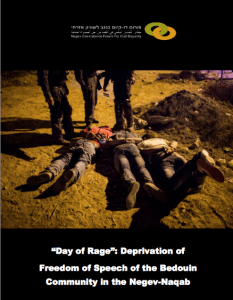 “Day of Rage”: Deprivation of Freedom of Speech of the Bedouin Community in the Negev-Naqab | June 2014
“Day of Rage”: Deprivation of Freedom of Speech of the Bedouin Community in the Negev-Naqab | June 2014
Following massive detentions and various extreme measures taken by police before, during and after the day of rage protest against the Prawer Plan, NCF published a report about the practices of deprivation of freedom of speech of the Bedouin community.
Click here for the full report
Thirsty for (the right to) Water | June 2014
click here for the full report
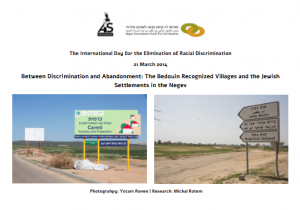 Between Discrimination and Abandonment: The Bedouin Recognized Villages and the Jewish Settlements in the Negev | March 2014
Between Discrimination and Abandonment: The Bedouin Recognized Villages and the Jewish Settlements in the Negev | March 2014
For the International Day for the Elimination of Racial Discrimination 2014, Activestills and NCF published a photo report that compares the situation among newly recognized Bedouin villages and new Jewish settlements in the Negev.
Available in English and French
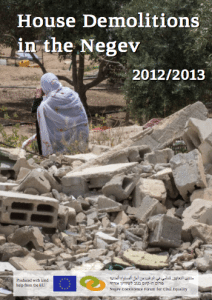 House demolitions in the Negev 2012/2013 | February 2014
House demolitions in the Negev 2012/2013 | February 2014
Every year, NCF publishes a report about the policy of house demolitions towards the Bedouin community in the Negev-Naqab. The report present the Israeli land policy, the numbers of demolitions and the several units that execute these demolitions.
Click here for the full report
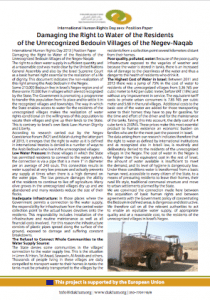 Damaging the Right to Water of the Residents of the Unrecognized Bedouin Villages of the Negev-Naqab | December 2013
Damaging the Right to Water of the Residents of the Unrecognized Bedouin Villages of the Negev-Naqab | December 2013
For the International Human Rights Day 2013 NCF published a position paper about the limited access of Bedouin who reside in unrecognized villages to the right to water.
Click here for the full position paper
Structural Discrimination and Racism Against Arab Employees in Government Offices in the Negev and Available of Government Services in Arab Communities | March 2013
For the International Day for the Elimination of Racial Discrimination 2013, NCF published a report about discrimination in employment in government offices and about the services in Arab-Bedouin towns in the Negev-Naqab.
Click here for the full report
Processes of Dispossession in the Negev-Naqab: The Israeli policy of Counter Claims against the Bedouin-Arabs | December 2012
On the occasion of International Human Rights Day, 10 December 2012.
Click here for the full report
Report on House Demolitions of Arab-Bedouins in the Negev | December 2012
Click here for the full report
Availability and Accessibility of Government, Commercial, Public and Health Services in Arab Villages and Structural Discrimination Against Arab Employees in Government Offices in the Negev | March 2012
Click here for the full report
Report on the Demolition of Arab-Bedouin Homes in the Negev-Naqab | December 2011
Click here for the full report
Structural Discrimination and Racism Against Arab Employees in Government Offices in the Negev and Available of Government Services in Arab Communities | March 2011
Click here for the full report
House demolitions of Bedouin-Arabs in the Negev-Naqab | December 2010
Click here for the full report
International Day of the Elimination of Racial Discrimination | March 2010
Click here for the full report
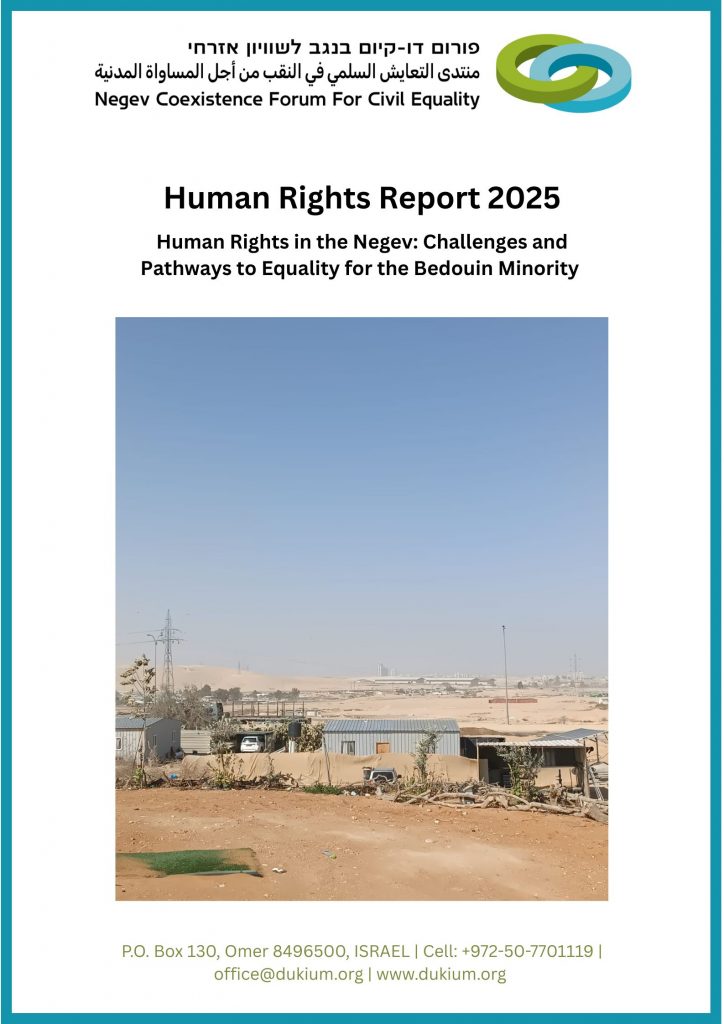
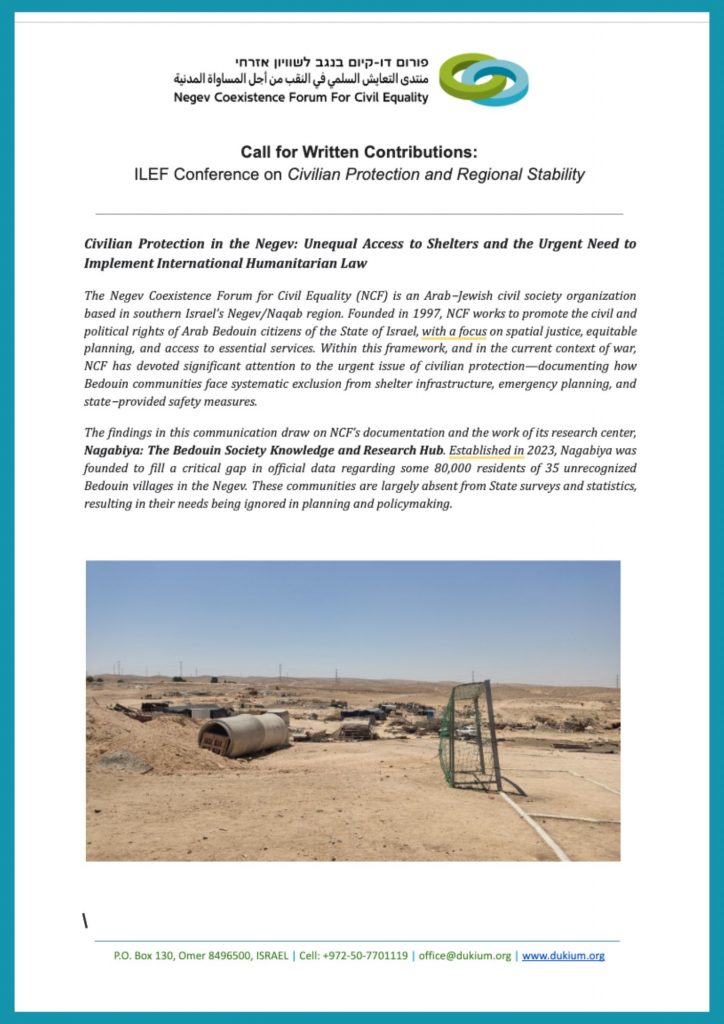
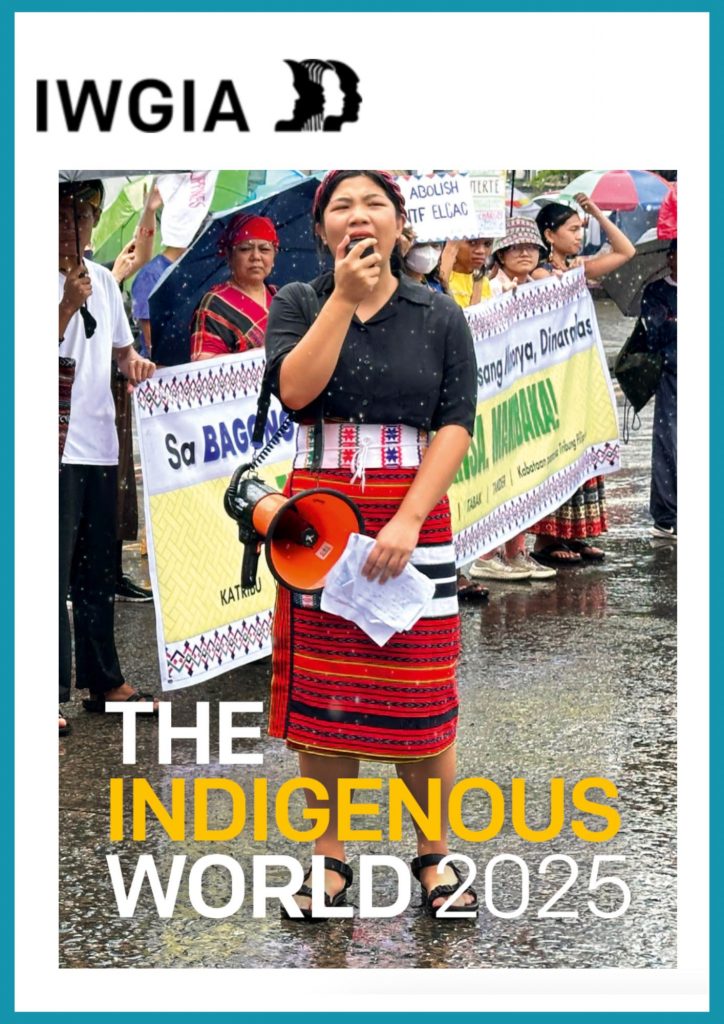
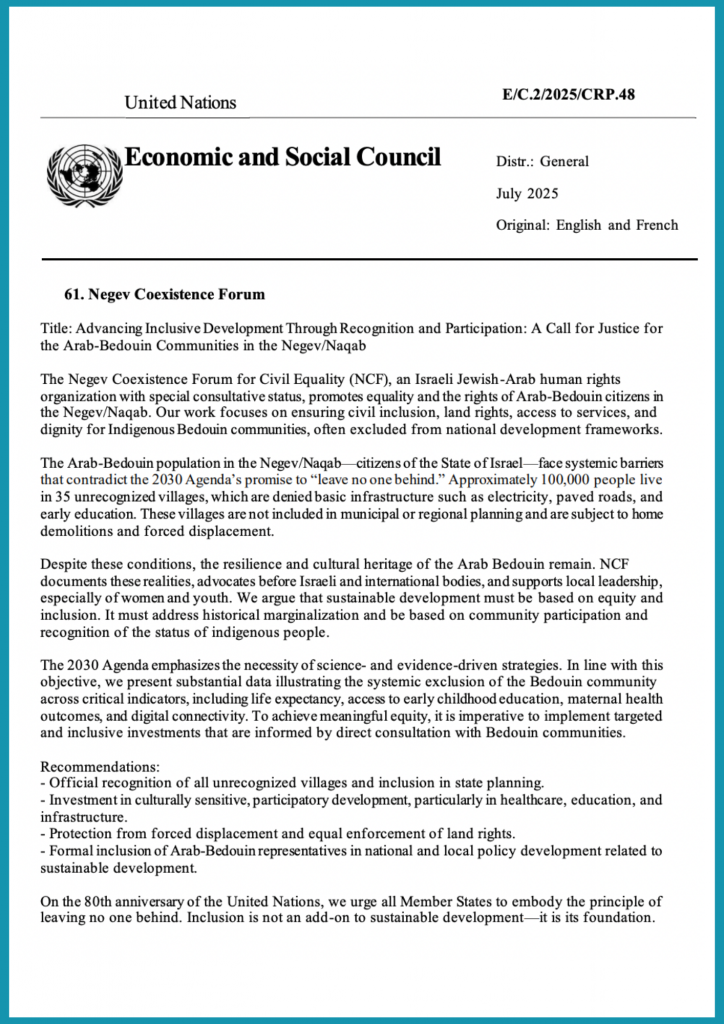
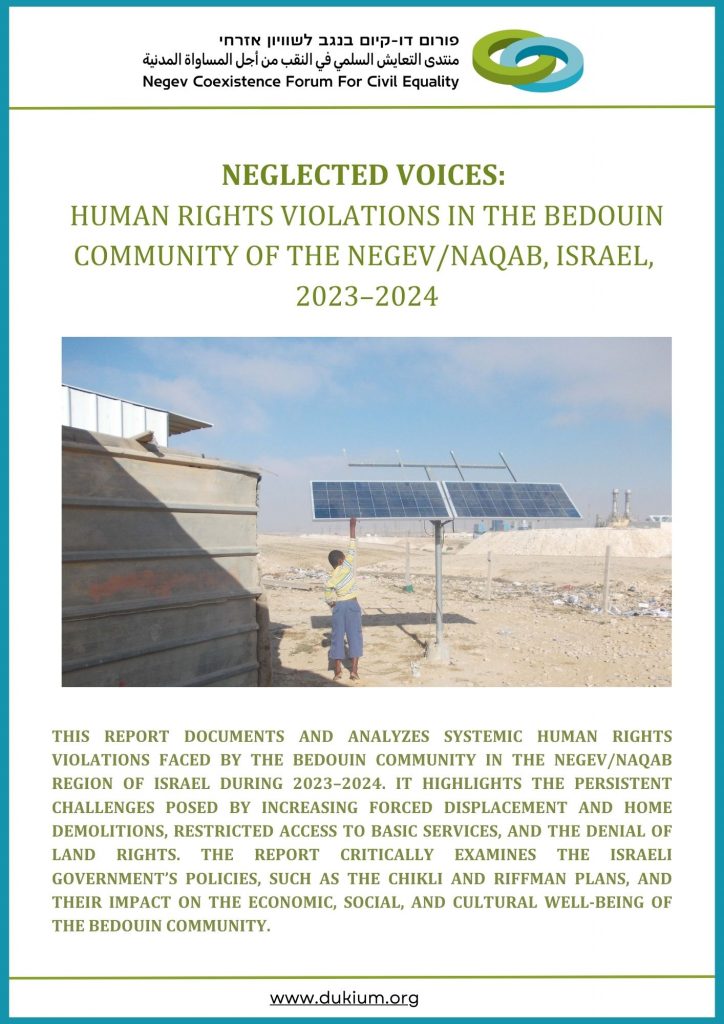
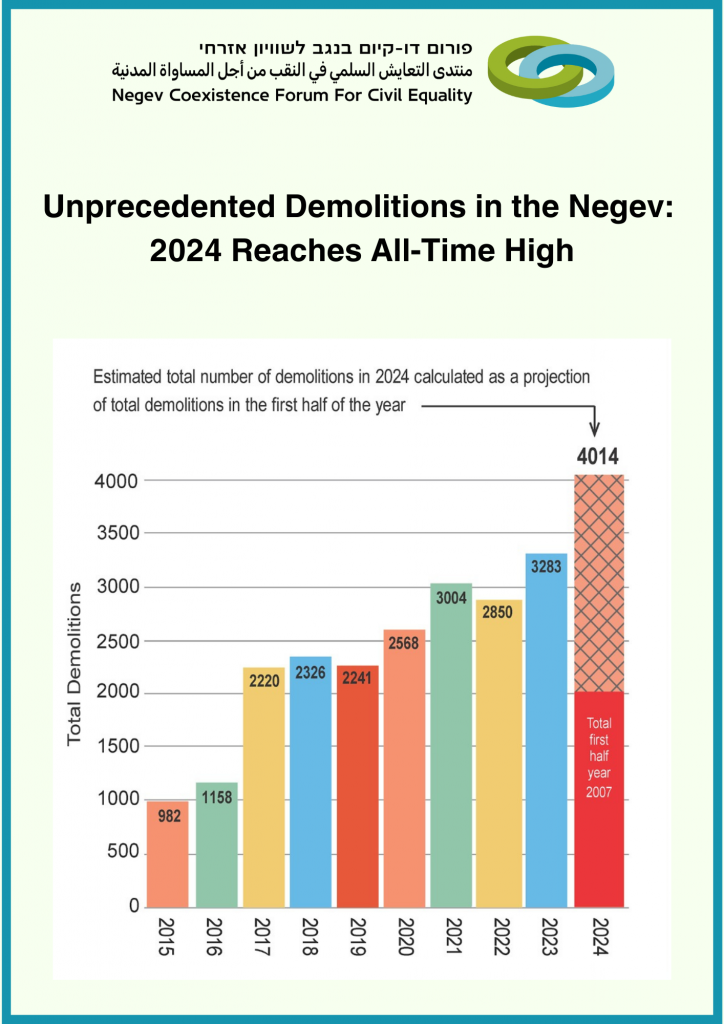
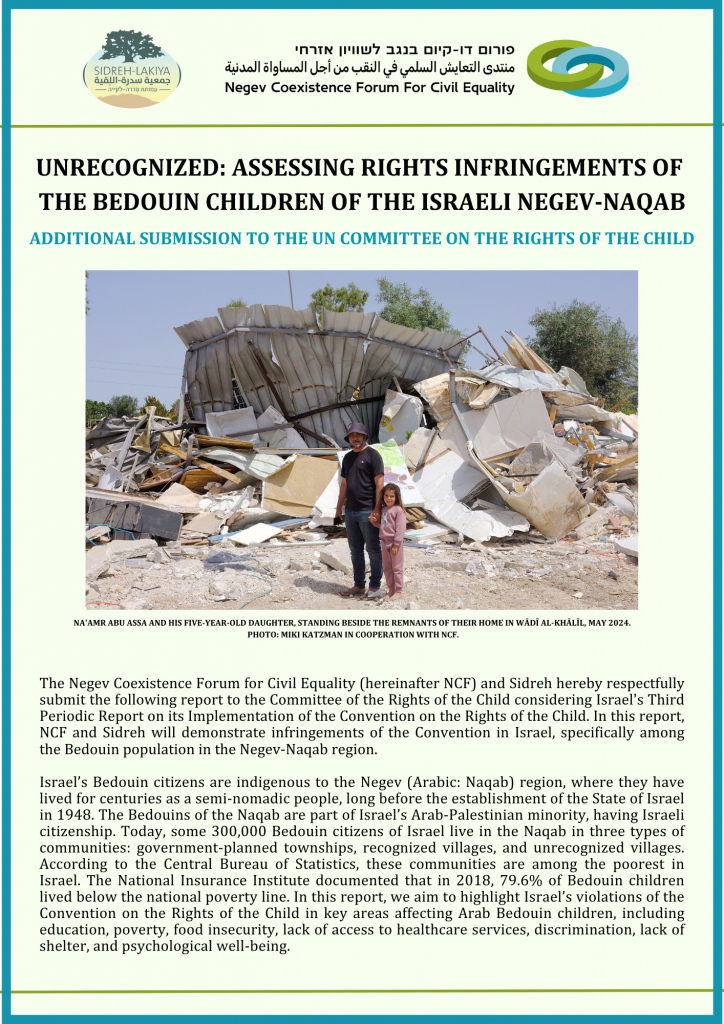
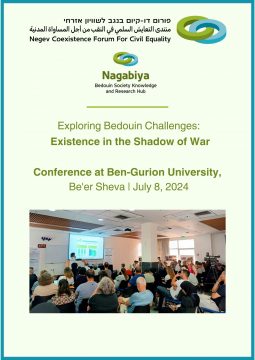
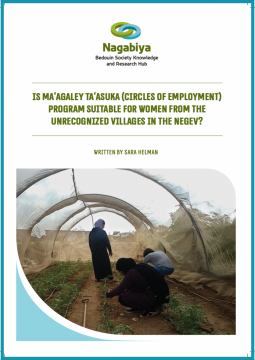

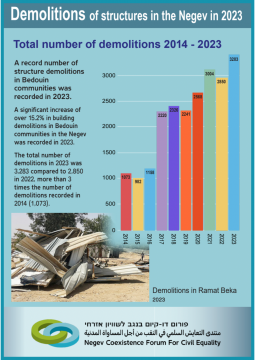
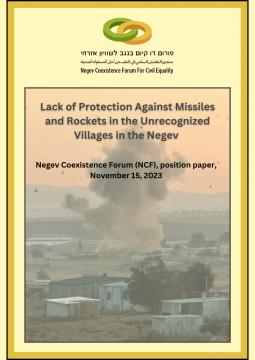
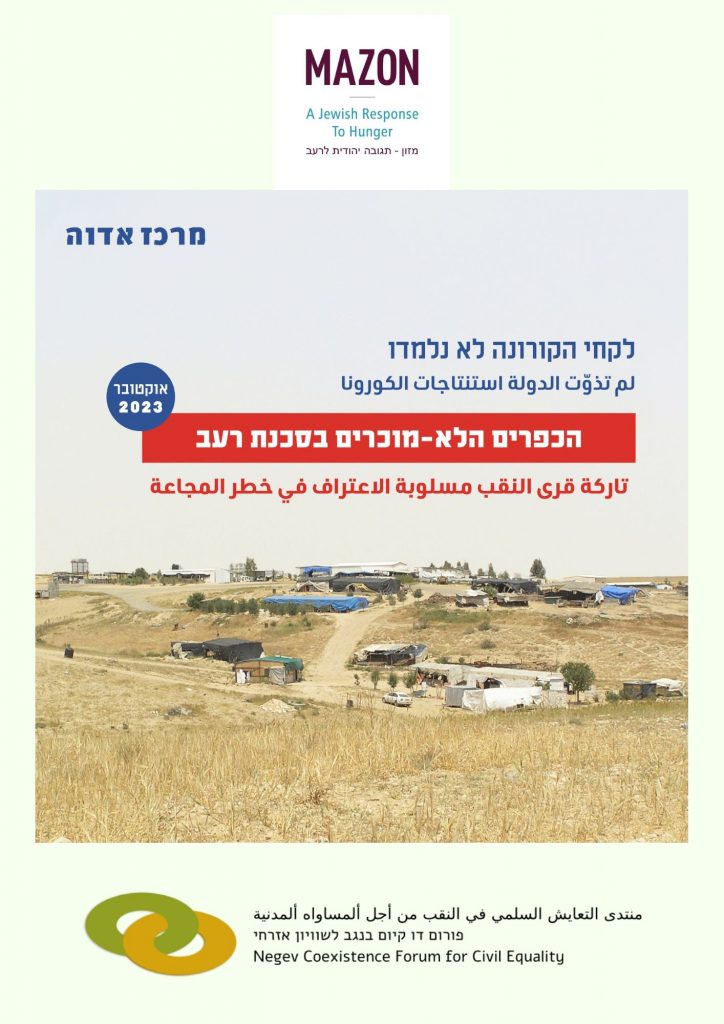
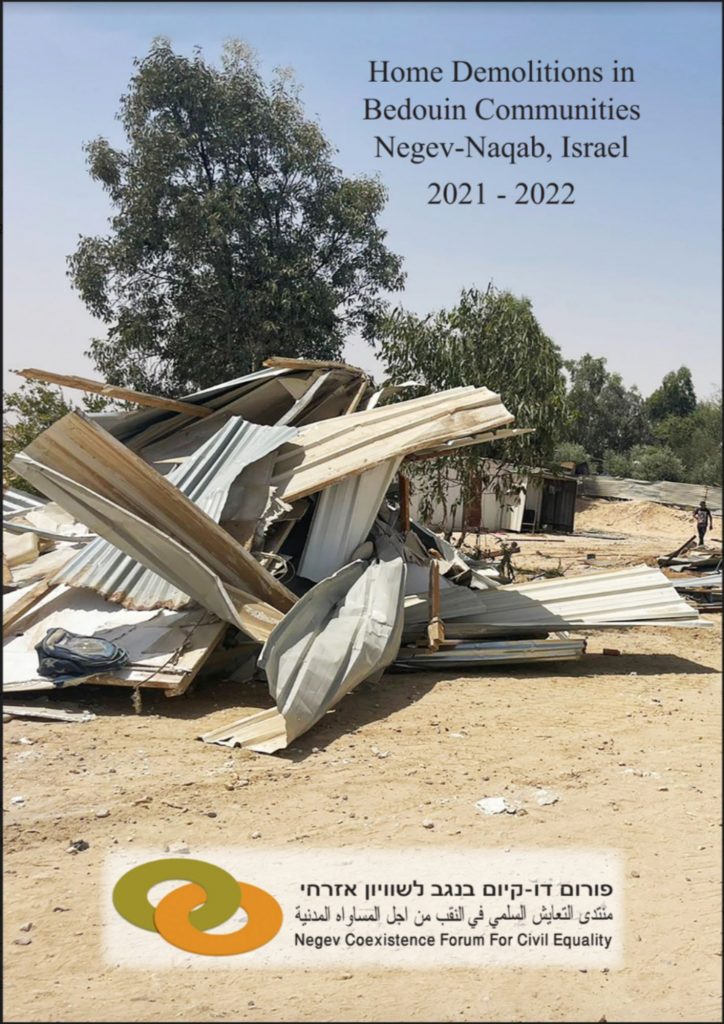
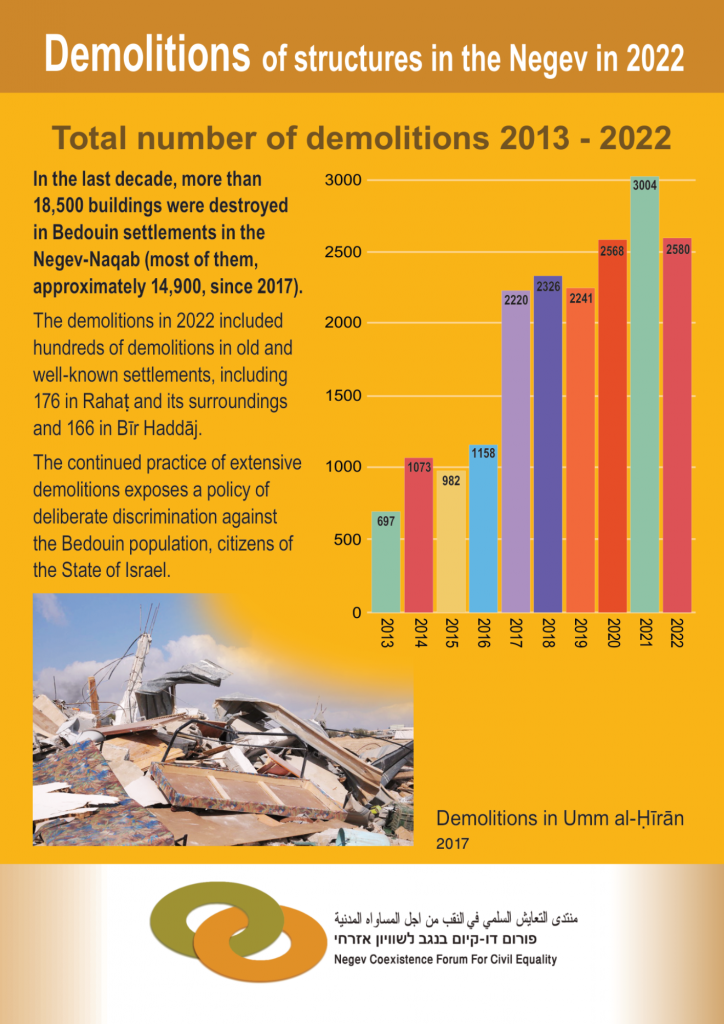
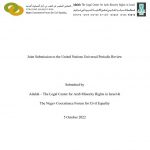
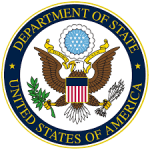
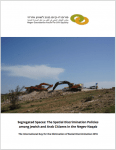
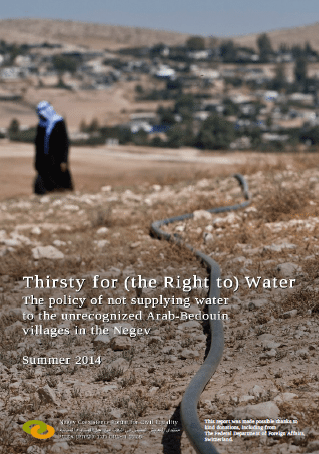
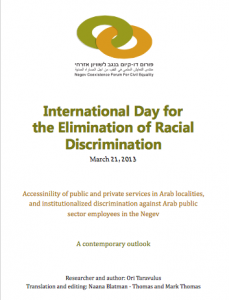

 Youtube
Youtube
 Twitter
Twitter
 Facebook
Facebook